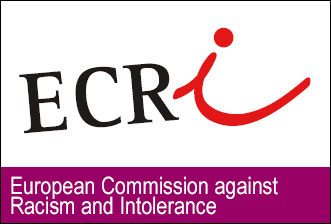Sexual orientation, gender identity and sex characteristics

ECRI started examining discrimination and intolerance towards LGBT persons in its fifth cycle of country monitoring (2012-2018) and towards Intersex persons in its sixth monitoring cycle. It recommends all member states to develop legislation and policies to combat discrimination, hate speech and violence against persons on account of their sexual orientation, gender identity or sex characteristics and to promote tolerance.
ECRI monitors LGBTI issues in light of the European Convention on Human Rights, the relevant case law of the European Court of Human Rights and Recommendation CM/Rec(2010)5 of the Committee of Ministers of the Council of Europe on measures to combat discrimination on grounds of sexual orientation or gender identity.
On 28 June 2023, ECRI adopted General Policy Recommendation No. 17 on preventing and combating intolerance and discrimination against LGBTI persons, which includes a set of actions to be considered or taken with a view to addressing intolerance and discrimination against lesbian, gay, bisexual, transgender and intersex (LGBTI) people. These measures draw on findings from ECRI’s country monitoring work and are meant to help member states to ensure the equal treatment and inclusion of LGBTI persons on the one hand and to prevent and combat LGBTI-phobia on the other hand. This instrument was drawn up in consultation with various actors, including other international bodies, specialised government structures and organisations representing the communities concerned.
- Council of Europe SOGI Unit
- LGBTI human rights and the Council of Europe
- Fact Sheets of the European Court for Human Rights on Gender identity, Homosexuality: criminal aspects and Sexual orientation issues
- ECRI General Policy Recommendation N°17 on preventing and combating intolerance and discrimination against LGBTI persons
- ECRI country monitoring work
- Factsheet on LGBTI issues
- For additional information, please search in the HUDOC/ECRI-database with LGBTI-related keywords



